|
IoT is NOT dead, but the game is changing. When the term "IoT" took off, some experts and analyst firms categorized it as an industry. Some of us, especially the crew at IoT Coffee Talk, would get so aggravated at the blanket term of IoT when used to describe a narrowed market or a myopic description of the technology. IoT remains a blanket term used to describe things (i.e. assets, structures, tangible objects, mobile vehicles, items, etc.) being connected to the Internet. In 2010, Ericsson first shared there would be a projected 50 billion connected devices by 2020. That later was cut to 25 billion, and in the end was not the important factor. All of that, in my opinion missed the mark. Connections are connections are connections...Are the tech firms making money and are the businesses (clients) adopting and rolling out "IoT" seeing value?
While being connected is important...assets, for example, being connected really gain value when there are actionable insights, viable analytics, and the data can be used for business value. In addition, the tech companies providing IoT services and solutions (hardware, software, services, etc.) need to make money. So many businesses have come for the hype and left in debt, as they were never able to scale or offered no business value that made them margin. Now, let's get back to business value. Business value may include reducing costs, preventing failure or disruption, improving operations, bringing new revenue, offering asset visibility, meeting compliance requirements, and much more. The other important business aspect, is when we connect these "things," the business value becomes important only if it contributes financially to the business, presents a trackable ROI, and/or provides relevant business incentives. Many in the industry believe the hype of IoT is over, and it really is. Why though do I say that IoT is NOT dead. The industry is now transitioning away from using the terms IoT and IoT as a marketing term is fading, especially among other hype tech areas. IoT has always been about a particular industry and automating that industry. Technologists are realizing they must dive deeper and apply the technology to the specific industry, and apply context to how the tech will:
Automation can be defined as many things depending on who you talk to and what industry you are discussing, and "IoT" is just a tool in the tech tool belt at this point to support digital transformation, automation, and elevate the future of work. Yes, we can connect things but businesses and government organizations have reached a point of "so what."
IoT is NOT dead, the game is just changing. It is changing because we are moving to a point where we no longer call it "IoT." Those delivering solutions will just do what they should have been doing in the first place, and that is talking about the client's needs and applying the conversation to the value proposition to the industry, sub-industry, etc. In addition, AI has taken over as the new shiny thing. Artificial Intelligence and machine learning (models) essentially enable an IoT solution or further provide actionable insights, automation, and real-time intelligence. For those "IoT" companies that are still around, you have survived but you also will need to adapt. My advice is to not jump on the next shiny thing (many have been utilizing AI long before the hype entered), but to continue to provide context of your products and services and how it applies to your customer. If your customer is in the hospitality industry, then dive deep into that industry (travel, hotel experiences, occupancy optimization) and understand the traveler needs, apply your business development delivery in an intentional manner. Immerse yourself, do your research, train your teams, hire the experts, and be intentional. Find ISVs, VARs, and other partners to help your go-to-market, especially those that specialize in specific industries as they may "own" the customer. Collaboration will be essential. Just as in the rap industry, you have to collaborate to stay relevant! STAY TUNED, the IoT Innovator Awards by CompassIntel will open for nominations this fall! Hope on over to our AWARDS page to get your nominations in for the 11th annual CompassIntel awards. Let us know if you have any questions, just simply email us directly at [email protected]. As we start the last month of December, Compass Intelligence has been thinking through the "What's Next" in technology. As a careful observer of funding, startups, announcements, news, and key happenings, I have noticed a very subtle trend of projects, press, announcements, new hires, and funding moving towards automotive, transportation, and the infrastructure that mobilizes these machines. Now you have to really dig a bit deeper, as the automotive space is vast and so is the technology sector. If you combine these 2 industries and focus in on the following trends, you will see an opportunity of a trillion plus market: Unlike other over-hyped industries, the autonomous, driverless, and electric vehicle markets are accelerating at an even faster pace than the experts predicted 5 years ago. This industry is now embracing the human machine interface and new driver experiences are on the horizon. The combination of advanced technologies and transportation is undergoing a massive METAmorphosis...Are you ready? When will we see Level 5 autonomous on the streets in your city?
Compass Intelligence likes to be one step ahead of the game, and while these markets are not necessarily new, the growth and opportunity is opening up due to advancements in technologies such as AI, HMI, data analytics, IoT, edge computing, 5G, and others. All of this said, we are announcing the launch of a number of new services, focus areas, and recognition programs targeted around the automotive technology sector. New services & programs will include:
How do you get involved?
Learn more about why this research is important and review the award categories below, and be on the lookout for our press release in early December. On October 20th, a large group of industry analysts joined 5G Americas staff and members to discuss the state of 5G. Neville Ray of T-Mobile, Chair of 5G Americas, kicked off the event after a warm welcome and a setting of the stage by Chris Pearson (President of 5G Americas). Ray stated we are “In the next phase of 5G networks,” and “5G is finally starting to gain real traction.” A wide range of stats were shared along with some important factoids showing we are moving the needle in the Americas. Participating companies included Airspan, Cisco, Qualcomm, Samsung, T-Mobile, AT&T, Ciena, Mavenir, Nokia, Ericsson,Crown Castle, VMware, and Intel. While the foundational layer in 5G is located in the low band spectrum, mid-band 5G in the United States is now real…..but as all of us know, we need more mid-band spectrum to reach full potential of 5G use cases and applications. Currently, more than 66% of the geographic land mass is covered by 5G, while this same percentage of the population has access to 5G. Having a 5G enabled device is a bit underwhelming, with less than half of the U.S. population having access to a device with a 5G radio. With an investment of more than $100 billion over the last few years, 5G phones and subscriptions reached a total of 140 million, which remains less than half of the North American population. The most significant finding is that 5G is about increased data consumption, as Neville shared we are about 2.5 to 3 times higher data consumption with 5G compared to LTE. When thinking about the networks and advancements being made, we must remember we will rely on 4G/LTE for quite some time even though 5G networks are continuing to be deployed and improved. There are currently 14 total 5G networks running that enable streaming, gaming, social media and communications, and other business or enterprise-based applications. Outside of all of these data-intensive categories, Neville Ray mentioned for the industry to NOT forget about voice….yes, voice is still important for 5G and the advancements are really all around Voice over NR or New Radio (pronounced Vonar, aka Vo5G/Voice over 5G) (Related News: https://techblog.comsoc.org/2022/06/04/t-mobile-launches-voice-over-5g-nr-using-5g-sa-core-network/). 5G Americas noteworthy trends revolve around the following highlighted areas:
Fixed wireless access or FWA is being seen as an alternative to wired broadband and Wi-Fi (See Wi-Fi6) connectivity for a number of reasons. In many cases, the WISPs leveraged unlicensed spectrum to reach rural communities who lacked quality broadband, but over the past year the conversation has shifted to enterprise interest. Some believe it to be a complement or to augment existing connectivity options (especially cable). While FWA is creating capacity and new capabilities, especially for business use, additional and new spectrum is coming. FWA will continue to remain an available option for businesses in the US and internationally, but will continue to be squeezed by fiber and funding that may benefit fiber build out (Further Reading: WISPs embrace fiber as they face do or die moment). The carriers have been busy when it comes to FWA, especially in terms of their announcements and overall growth. Of course with that comes a bit of a reverse, as the overhype of FWA is now settling. “Verizon Communications…touted the addition of 234,000 fixed wireless access residential customers in the third quarter and another 108,000 FWA subscribers on the business-services side, upping its total FWA base to over 1 million users,” as seen on NextTV. T-Mobile will have their Q3 earnings call tomorrow but as Forbes shared, “T-Mobile has also made a dent in the broadband space, with its fixed wireless broadband offering adding an industry-leading 560,000 new broadband subscribers (last quarter),” while today they have more than 1.5 million FWA subscribers. Ericsson also shared, “UScellular was the first service provider to offer consumers and enterprise Fixed Wireless Access (FWA) services, using 5G extended-range millimeter-wave (mmWave) to target digital divide areas in rural America, reaching coverage of over 5 km.” While the activity for fixed wireless has expanded over the past year, spectrum access and fiber will remain critical factors for continued growth. Below is a slide that was shared at 5G Americas that highlights some of the overall FWA stats (Source: 5G Americas & Their Members). While some of you may be tired of tech acronyms, it is the way we lazy people essentially describe long-winded tech terms. Enter C-V2X or Cellular Vehicle-to-Everything). C-V2X is considered a mid-term opportunity and is expected to open up a range of opportunities driven by low latency, high performance 5G network services. Think about your car becoming your hub or essentially just like any other device. This hub will speak to the road, to traffic lights, to city traffic bodies, to public safety, to you and your passengers, to your auto dealership, to your car manufacturer and even to all your favorite content providers. In addition, these hubs will speak to each other building a network of communications across many sources. A range of entertainment, safety, location and routing, and interactive services will be launched and made available to drivers and passengers as a result. Your car needs reliable, high-speed wireless connectivity and 5G gets us there. We are in the earlier stages, but we do expect ongoing announcements well into 2023 to directly address the opportunities of 5G in C-V2X.
Network slicing is a near term focus across low, mid, and high-band spectrum. Enterprise and consumer applications focused on improved throughput, low latency, and other requirements see network slicing as a way to “carve out dimensional experiences,” shared Neville Ray. While we are in the early game of network slicing, we have yet to truly understand all the potential advantages and improvements that may come as we purpose-build the network. Aside from the key trends, and even more important, are the actual use cases for 5G. While the Analyst Forum had a strong emphasis on 5G for consumer and the growth in experiences there, I believe the true opportunity will lie with the enterprise and government sectors. Consumer 5G revolves around things like wearables, gaming, social communications, metaverse (not my favorite word), shopping, navigation, health/wellness, and sports. On the enterprise side, 5G presents new connectivity options for mass IoT and autonomous transportation, especially in use cases where the assets (fleets, products, equipment, people, machines, etc.) are mobile or meaning they are moving. These assets need to be monitored, measured, tracked, repaired, and acted upon for a variety of purposes and for reasons specific to the industry. Some of the vertical markets or industries where 5G opportunities exist include manufacturing, utilities, transportation, remote health care, digital cities, and education. For factories or logistics applications for example, mmWave is being used to enhance connectivity performance in robotics, as well as being used for sensing in agriculture or for farming applications. While 5G has been met with a sense of excitement and overall hype, we remain in the stage of improving overall network performance and build-out to meet enterprise and new customer experience expectations. There will always be hesitation for 5G adoption as a replacement to fiber, but for now we should think about applications where 5G is the only solution or where 5G will augment connectivity to provide better performance for things like robotics, transportation, supply chain monitoring, customer/digital experiences, etc. Lastly, the industry will continue to seek out additional mid-band spectrum as is needed to scale and to reach performance expectations. Special thank you to the 5G Americas team for hosting all of us analysts and for putting together great content. Contact Stephanie directly to learn more about other panel sessions and content that was shared at the event. Recommendations for further reading and research: Open RAN, Spectrum Policy and FCC Activities, mmWave, RedCap (Reduced Capacity) New Radio, Dynamic Spectrum Sharing, Unlicensed Spectrum. Please visit 5G Americas to learn more and to get access to their whitepapers and studies. To get access to further wireless research including 5G, please visit our WIRELESS RESEARCH store. Written by Stephanie Atkinson Field services and fleet management go hand in hand, while IoT (Internet of Things) continues to provide essential real-time intelligence to improve visibility, safety, and operational efficiencies. Connectivity, tracking, and telematics are at the center of the advancements being made in these industries. When you think about field services, you think many moving parts that need coordination…you think a wide range of logistics synchronization, customer support, delivery operations, and other coordinated activities that are all collectively brought about to make sure products/goods and services are delivered on time, with superior customer service, and with complete accuracy and safety. Field services and operations may include activities such as collecting customer insights, scheduling/dispatching of fleets, bid and estimate calculations, work orders and troubleshooting, and other administrative functions such as billing, accounts receivable, client/customer relations, and more. In addition, some field service teams may also include repair, maintenance, installation, and other services where technicians are required. People, processes, planning, and profit remain the four critical components of field services. The industry continues to move towards a digital transformation journey embracing cloud, software as a service, and IoT.
On the other side you have fleet operations that may require tracking, safety protocols, management, compliance, and coordination. So many industries rely on fleet operations including public safety, construction, HVAC, energy (oil & gas), shipping/logistics, telecommunications, waste management, public transportation, and just about any industry that has repair/maintenance/technician operations. Once a technician needs to be dispatched or needs to complete a delivery, there are many facets to organizing, coordinating, and tracking assets across the fleet. Tracking may take place around the assets in the vehicle, the fleet vehicles, and the drivers or mobile workforce. The human element remains important as safety and compliance become a top priority for drivers, workers, and technicians. The innovation taking place across field service and fleet management is driven by technology, and more specifically IoT, smart cameras, GPS tracking, telematics and real-time intelligence garnered through automation (AI, machine learning), sensor systems, edge computing, and software. Moreover, are the platforms and software systems that enable transparency and management, providing visibility across the fleet and field operations. GPS Insight is one such company bringing together field services and fleet management. In January 2022, GPS Insight acquired FieldAware, and CEO Gary Fitzgerald shared, “Our focus has been on bringing together fleet data and telematics technology with field service management solutions.” Of course, there are vendors operating in these fields but very few provide a streamlined portfolio of services to serve both field service and fleet operations. GPS Insight continues to have a laser-targeted approach and states, “Joining forces with FieldAware not only extends our competitive advantage across the field service and fleet management landscape, but also provides new capabilities to transform customer satisfaction into a new standard: customer success.” Field service and fleet management industries were hampered over the last few years and still grappling with the pandemic impact and supply chain shortages. The U.S. is also facing labor shortages, which further creates constraints for hiring and maintaining worker satisfaction. Profit loss, worker retention, and supply chain issues remain top of mind for many leaders in these sectors. However, labor shortages will push us further into relying on technology, automation, and real-time intelligence to get things done efficiently. Compass Intelligence expects field service and fleet management to remain one of the largest contributors to IoT connections growth, as we increase connectivity and tracking of people, assets, and fleets. IoT is and will continue to be essential to meet these challenges head on and provide real-time intelligence for improved operations and supply chain visibility. Further Reading:
How Qualcomm is Advancing AI and Internet of Things to Prepare Tomorrow’s Businesses and Cities9/20/2022
In early July, I was honored to have a chat with Megha Daga, Senior Director of Product Management and AI/ML lead for the Internet of Things (IoT) at Qualcomm Technologies, Inc. . As a critical player in AI enablement across the IoT group at Qualcomm, Megha has been crucial in the development of cutting-edge AI solutions used around the world.
We dove right into what Qualcomm has been up to as it continues to advance IoT through the different core offerings, partnerships, and cutting-edge solutions that Qualcomm offers. To set the tone of our conversation, we discussed Edge AI. Edge AI is essentially intelligence moving to the data generator, according to Megha. Along with getting data faster, a host of other factors impact Edge AI, including privacy, cost, latency, reliability, and bandwidth. For businesses or enterprises, the simplicity of the technology revolves around business intelligence occurring on the device or close to the device itself to enable IoT. Qualcomm provides a portfolio of hardware technology, but even more exciting is their advancements in software design and embedded processing innovation. The company understands how heterogenous computing makes AI possible and is pushing the envelope to remain competitive in AI and IoT. Some of the stronger vertical markets and industries that Qualcomm is targeting include retail, logistics, energy, utilities, industrial, and robotics. To further advance into AI, Qualcomm launched the Vision AI Development Kit. This Azure IoT Starter kit is a vision AI developer kit for running artificial intelligence models on devices at the intelligent edge. With Edge AI, data is generated and pushed to the cloud. Legacy devices such as retail payment terminals and other industry specific devices are being digitized and modernized. Hardware or devices can be connected to a box, i.e., edge gateway. Megha shared that Qualcomm is taking metadata and compute to the box, implementing further compute as needed, then sending only the required data back to the cloud. The traditionally “dumb” environment is becoming more intelligent and bringing efficiencies to businesses and operations. Another Qualcomm AI example outside of retail is in logistics, more specifically warehouse operations. Robotics and drones may be used for picking and dropping, reducing overall payloads, and therefore reducing costs. Edge AI and IoT are coming together to minimize compute to the cloud, as the overall costs of sending massive data to the cloud is becoming more cost prohibitive, and a concern for larger enterprises. The issues of privacy, latency, and connectivity again remain important factors. Privacy not only affects consumers, it also impacts businesses and their customers’ experiences. As for latency, think of delivery robots on the street, providing sub-millisecond intelligence and information to enable operations and efficiency so consumers can get food, packages, products delivered (similar to same day delivery). Regarding connectivity, especially for operations in remote locations (construction, agriculture), having on-device or near device data intelligence can be critical. Examples Megha mentioned included drones connected to a gateway to enable crop intelligence, construction management, and mining operations. Qualcomm’s portfolio continues to evolve to support AI and Edge AI, with a stronger focus on software. Their hardware and chipsets will continue to be their foundation, as they grow their partnerships with Original Equipment Manufacturers (OEMs). Qualcomm is leading in the areas of enabling AI on traditional CPUs/DPUs or AI on SDKs. Another cutting-edge development includes AI on embedded processing (low power, high performance). According to Megha, a few exciting AI areas that Qualcomm has been innovating around includes drone robots, and camera technology. Taking regular cameras for example and making them intelligent, using technologies such as machine vision and AI running on heterogenous computing to completely disrupt its capabilities. Megha shared that Qualcomm is using hardware accelerators for neural network workloads. Furthermore, AMR devices (autonomous mobile robots, i.e., Bosch devices) is an area where Qualcomm is developing chipsets and reference designs to further advance delivery. For example, they recently launched the RB6, a high-end chipset with an accelerator card allowing the robot to greatly improve throughput (i.e., delivery robots). As far as software goes, Qualcomm is investing and innovating to provide seamless software across the Qualcomm AI stack. Qualcomm is providing unification for developer building and changes, using Qualcomm Intelligence multimedia SDKs providing authentication and simplification for development and deployment, across multiple verticals. Developers and software tools remain a top priority for Qualcomm. Qualcomm realizes the end-customer (businesses and government) require and need end-to-end solutions and thus continues to build out its IoT partner portfolio (vendors, integrators, industry focused providers) focused on software/applications, platforms, and other solutions I’ll end with a great use case example shared by Megha. The Qualcomm AI Engine runs ML models in IoT devices, such as a security camera that recognizes a family member and activates a smart lock to allow entry. Or an office building that allows employees onto an elevator based on a touchpad. This context showcases the importance of how Qualcomm is advancing AI and IoT to prepare tomorrow’s businesses and cities. For more reading, please check out, “Qualcomm Advances Development of Smarter and Safer Autonomous Robots for Logistics, Industry 4.0, and Urban Aerial Mobility with Next-Generation 5G and AI Robotics Solutions” Written by Stephanie Atkinson, CEO of Compass Intelligence IN THIS EPISODE, STEPHANIE TALKS ABOUT THE HYPE BEHIND EDGE COMPUTING, THE FUTURE OF IOT, THE IMPORTANCE AND APPLICATIONS OF AUTOMATION, AND PROVIDES ADVICE FOR WOMEN WORKING IN TECHNOLOGY.
Smart cities or intelligent cities are not only about technology improving city services, but they are about improving the community experience as you live, work, and play. Yes, much has changed over the past 18 months, but city projects are moving forward and with a boost of energy because of the pandemic and new funding sources. The industry as a whole is finding new project opportunities centered around automation, remote operations, contactless services, public health and safety, and new ways to deliver legacy services to avoid the face-to-face interaction for safety purposes. A few key technologies directly aiding in smart city initiatives include Internet of Things (sensors, connecting assets, tracking assets, real-time alerting or intelligence), mobile applications, augmented or virtual reality, artificial intelligence, and machine learning.
Historically, smart city projects have centered around traffic management, smart lighting, and city asset management, and while those areas are expected to continue to be areas of focus, new use cases are coming into the mix. Under the American Rescue Plan and Coronavirus Relief Fund (CARES ACT), cities and public schools are receiving emergency funding to support in projects related to safety, healthcare, and administering city services in new and safe ways. READ MORE AT EXECUTIVE VIEWPOINT A week ago, I sat down virtually with Brandon Branham, Chief Technology Officer and Assistant City Manager of Peachtree Corners (PTC, one of the first cities in the United States powered by real-world smart city infrastructure, which also features ‘Curiosity Lab at Peachtree Corners’) to get an update on all of the progress being made in making the city smarter, more interactive, and inviting to technology innovators around the globe. Peachtree Corners launched an innovative living smart city lab about 1 year back that leverages autonomous technology, IoT, AI, machine learning, edge computing, virtual reality, and other advanced technologies to advance city operations, mobility, and introduce economic development. Some of the more interesting key facts about PTC include the following:
The innovation being embraced at PTC comes with the value it is placing in partnerships, leading technology company initiatives, and the live testing environment it provides to tech companies, OEMs, and startups around the globe. They currently have roughly 10 vendors with 15 different device types generating data across their network across around 15 or so different software systems. On the embracing of global companies, it is also working with a Tel Aviv company called IPgallery, that brings together city insights and intelligence using a real-time AI data platform that provides visualization (visual map) across PTC to monitor, analyze and secure all IoT devices across the ecosystem, buses, cameras, applications, etc. In addition, traffic flow and pattern data are being collected to adjust and make real-time rerouting decisions to improve public transportation.
PTC recently announced a partnership with Bosch, where they are implementing a sensor connected intersection and intelligent traffic management system to capture video including vehicle identification, vehicle recognition of objects (car, bus, scooters with drivers or without, pedestrians, etc. using machine vision). This partnership will allow real-time adjustments to traffic signaling, share the flow of traffic activity, and identify the type of vehicle in that flow for improved traffic management. PTC's Curiosity Lab will allow for a living city environment for Bosch to leverage its leading edge solution within a live, real municipality. A few other projects on the horizon include the following:
All of these activities would not be anywhere without the public-private partnerships (3Ps) in place. PTC has a process to test in their live environment, receive funding from 3rd parties or commercial entities (for some projects), decide on whether the project is scalable, and then the city decides and will invest as needed. This is a prime example of how business and government can and should work together to advance the smart city vision. On a final note, below is a list of key differentiators that enable PTC be the groundbreaking innovator in smart city solutions:
Platform Adopting innovative and smart infrastructure will enable businesses and government to enhance asset, infrastructure, and building performance. These physical structures are transforming into intelligence, cognitive, and predictive assets through existing and emerging technologies including Internet of Things, machine-to-machine communications, artificial intelligence, virtual reality, robotics, and deep learning. This spring’s, “Advancing Smart Infrastructure and IoT” IoT6 Exchange Summit brought together thought leaders, executives, advisory board members, and vendors to explore, learn, exchange best-in-class ideas, technology, solutions, and solve real issues around smart infrastructure. From retrofitting legacy assets and infrastructure to building smart and intelligence infrastructure from the ground up, this event presented hard hitting and actionable best-in-class learnings, and brought smart infrastructure ideas, projects, and use cases to life. The event enlightened our attendees by capturing all the technology and innovation elements as the industry transition from unintelligent, static physical structures and assets to intelligence, learning, and digital structures and assets. DOWNLOAD THE FULL SUMMARY HERE.
|
Inside MobileCovering hot topics in the industry, new research, trends, and event coverage. Categories
All
|
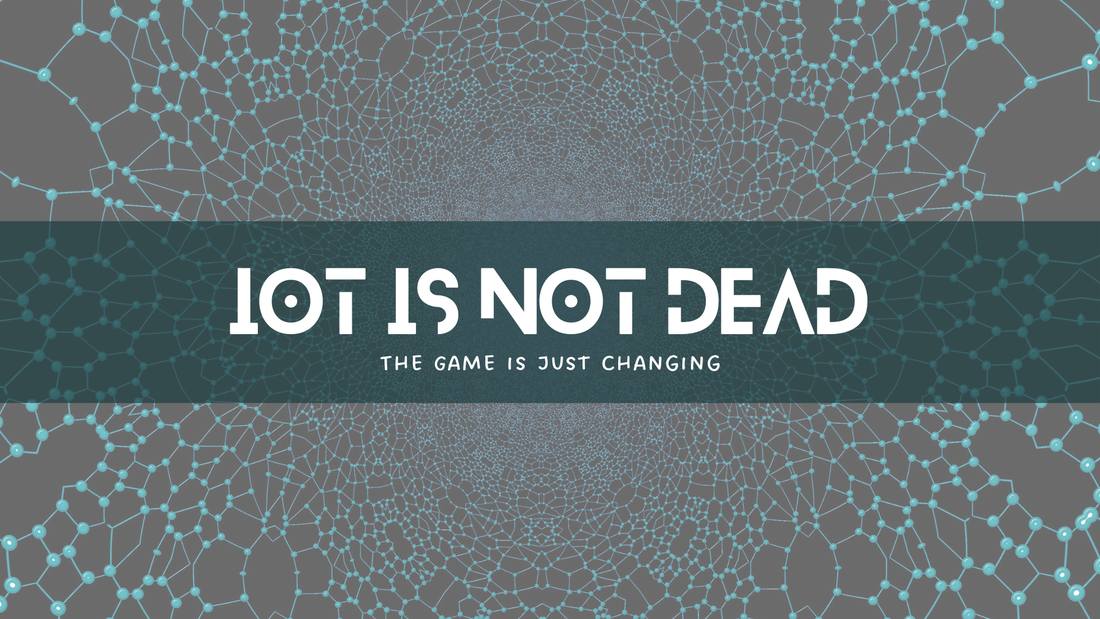
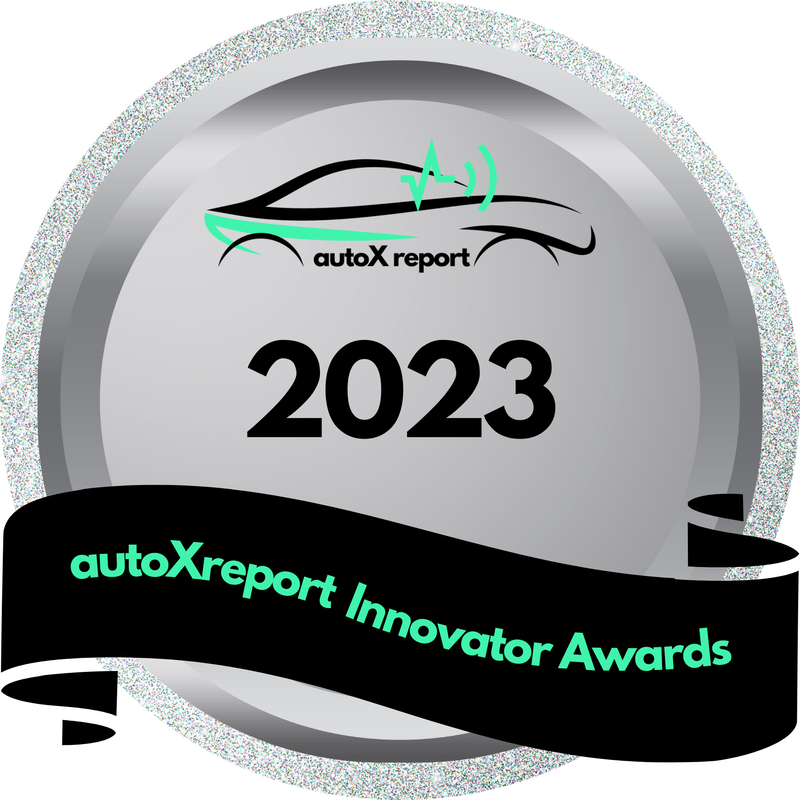

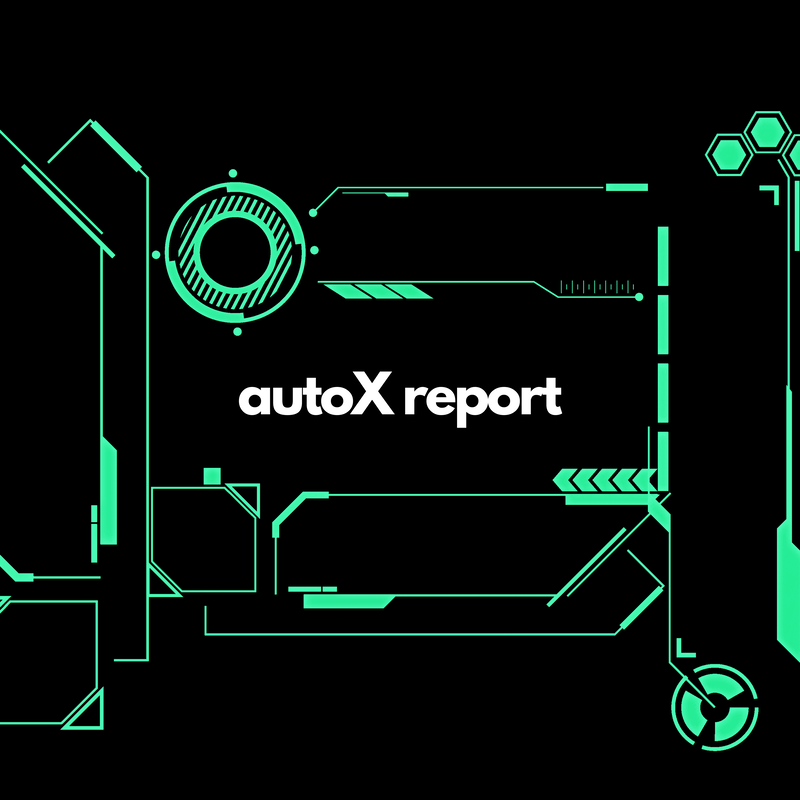
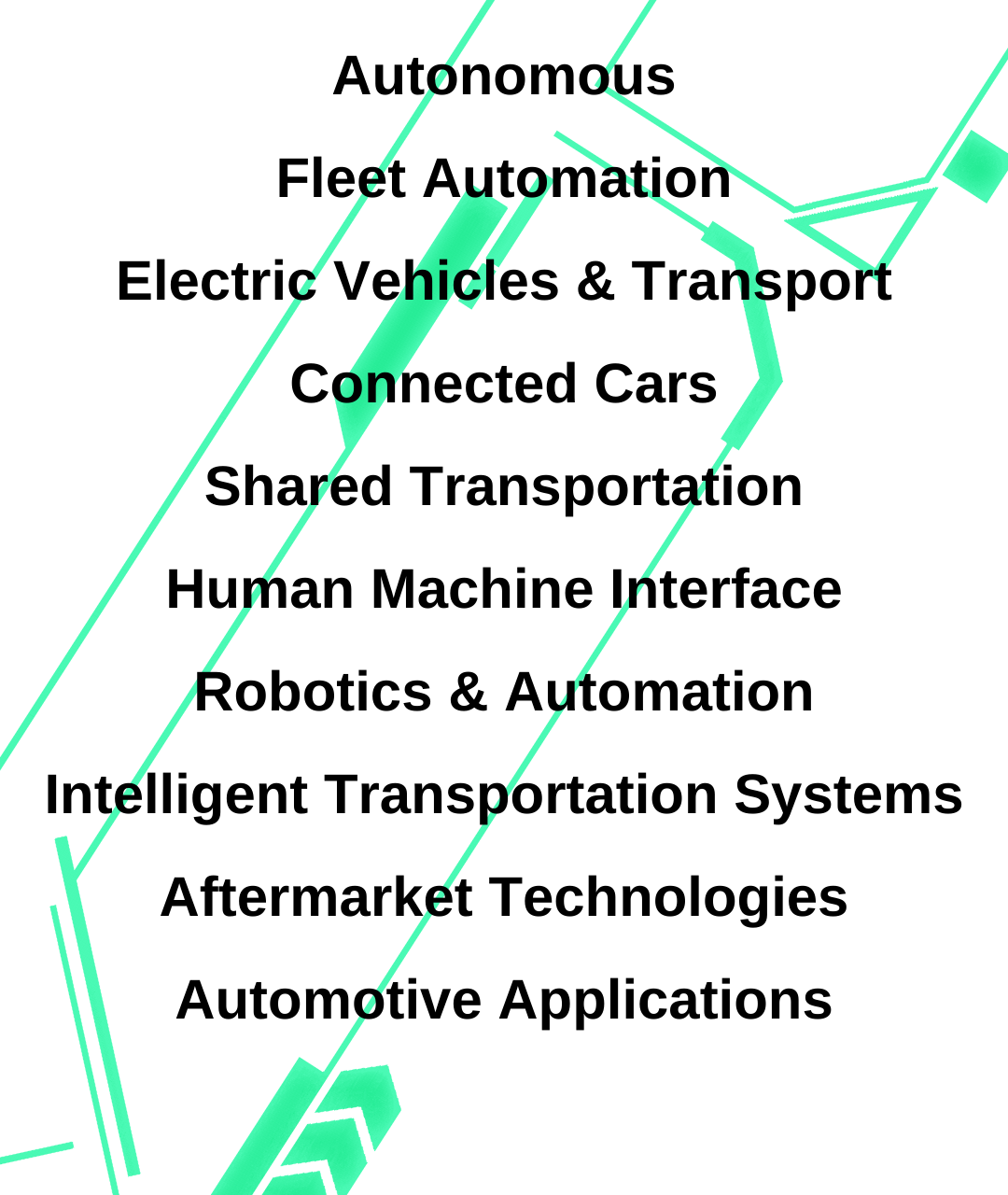
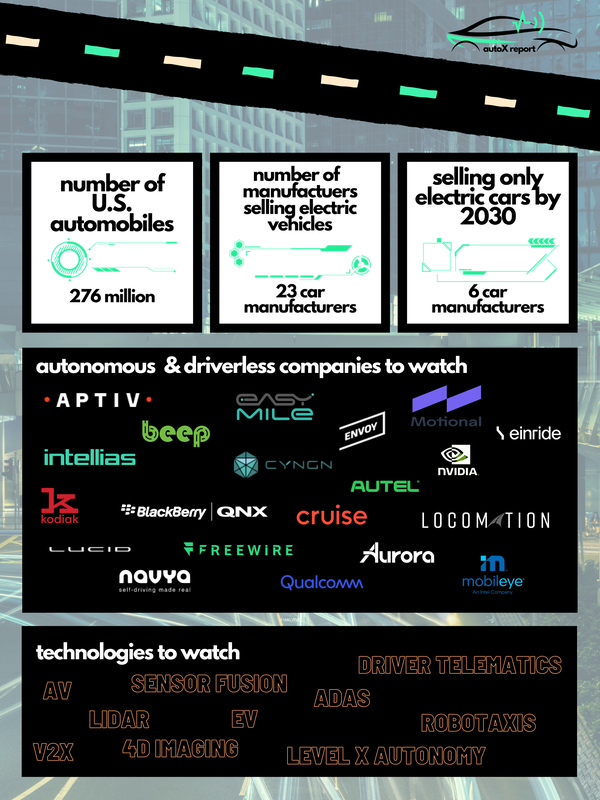
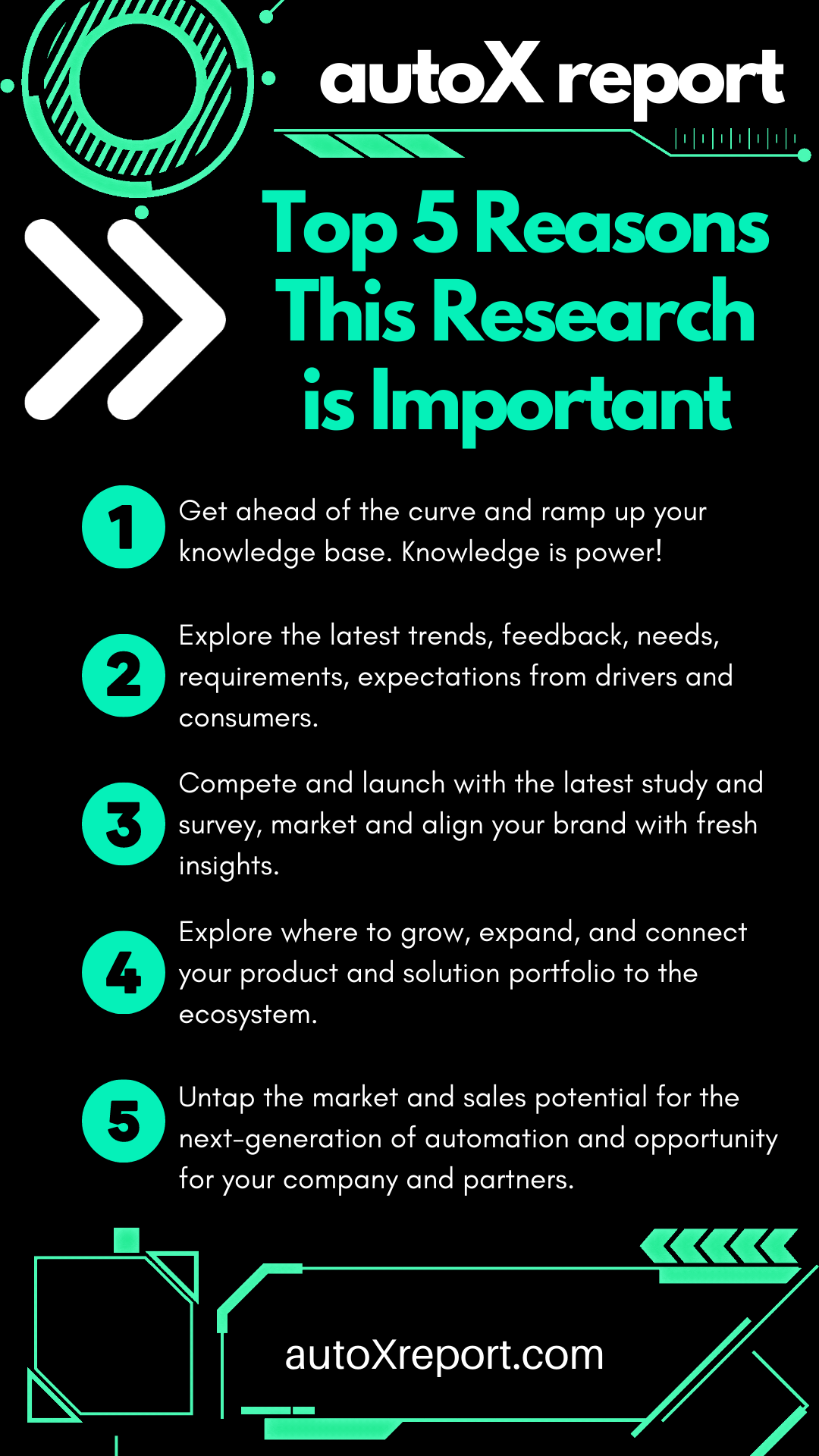
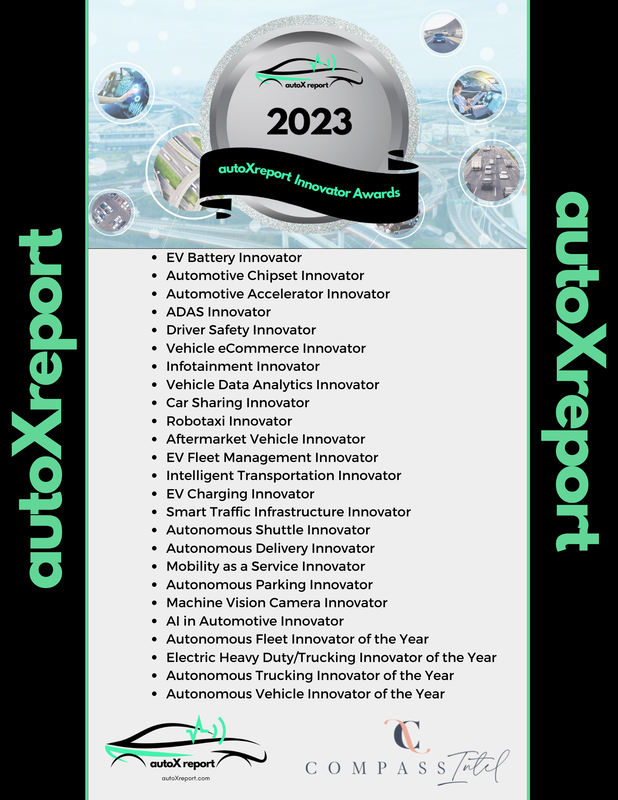

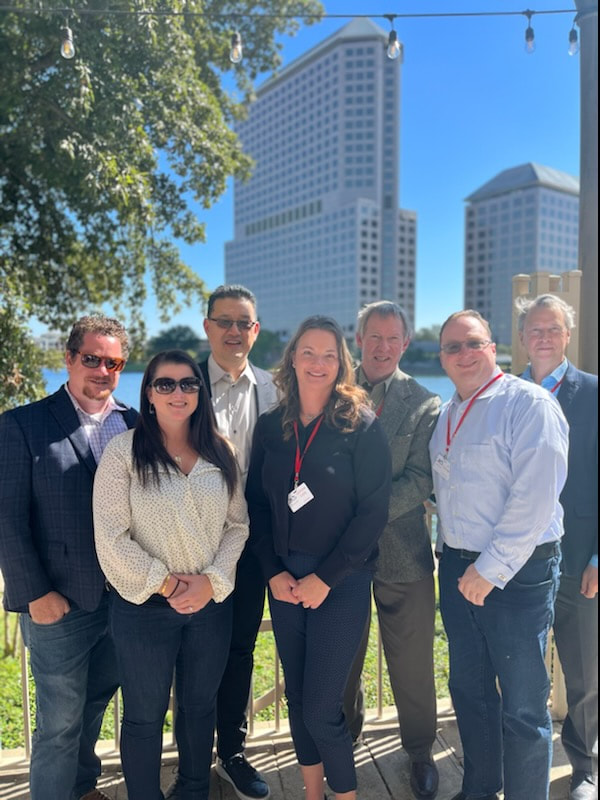

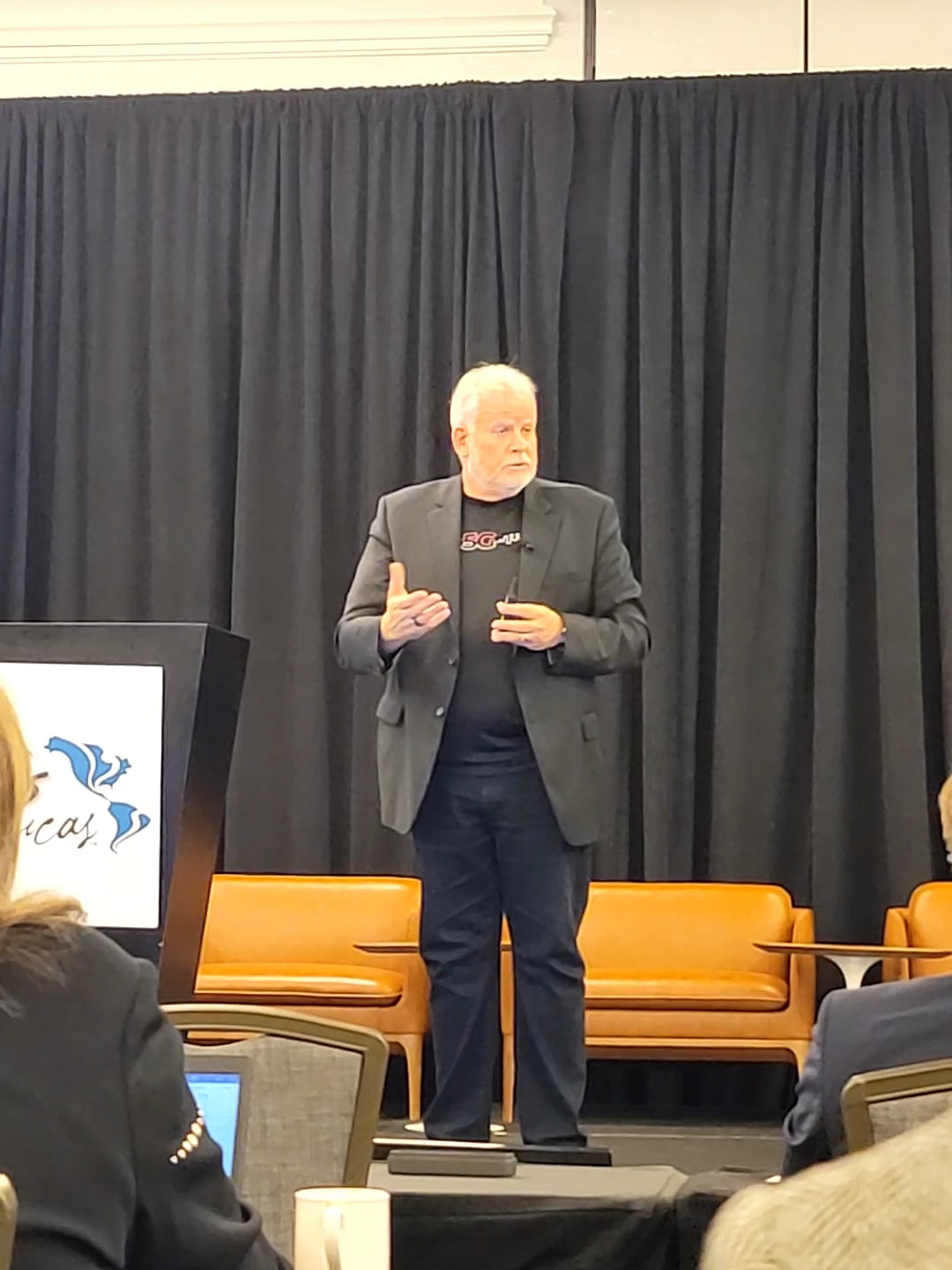
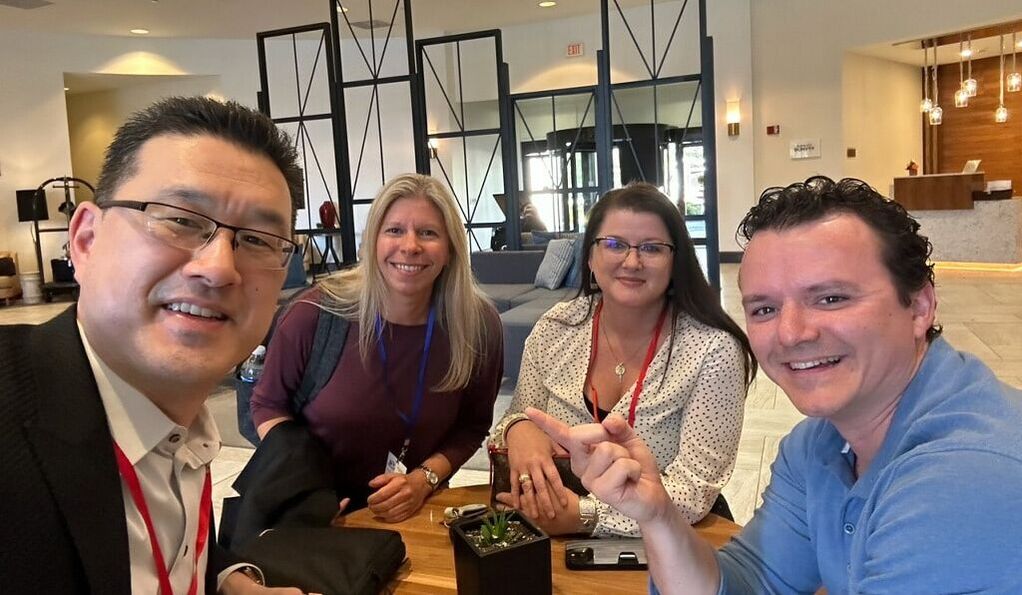
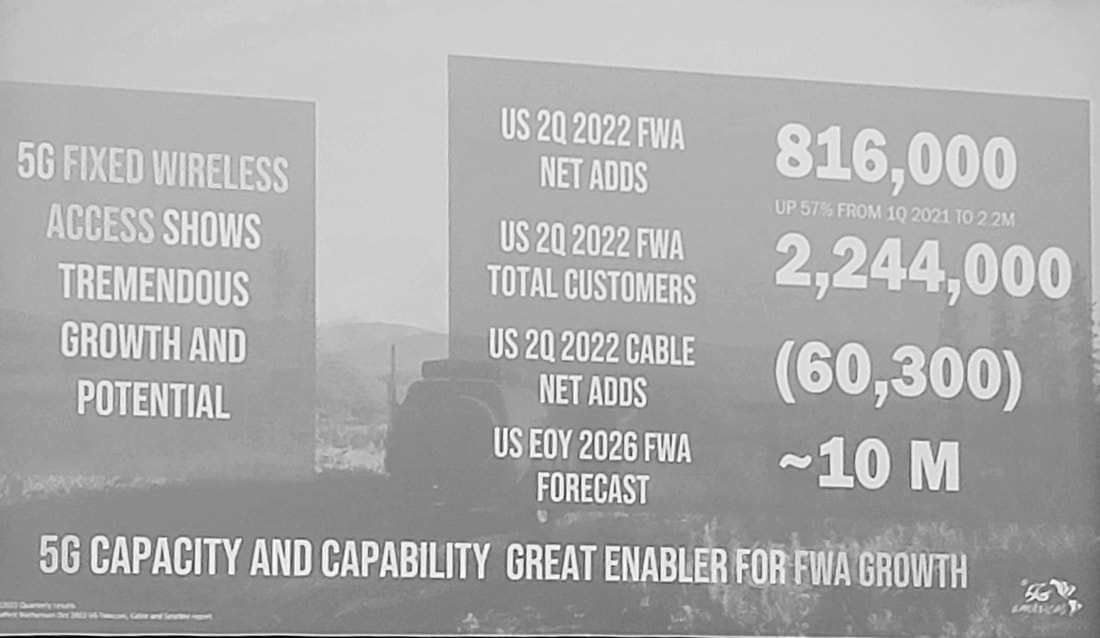


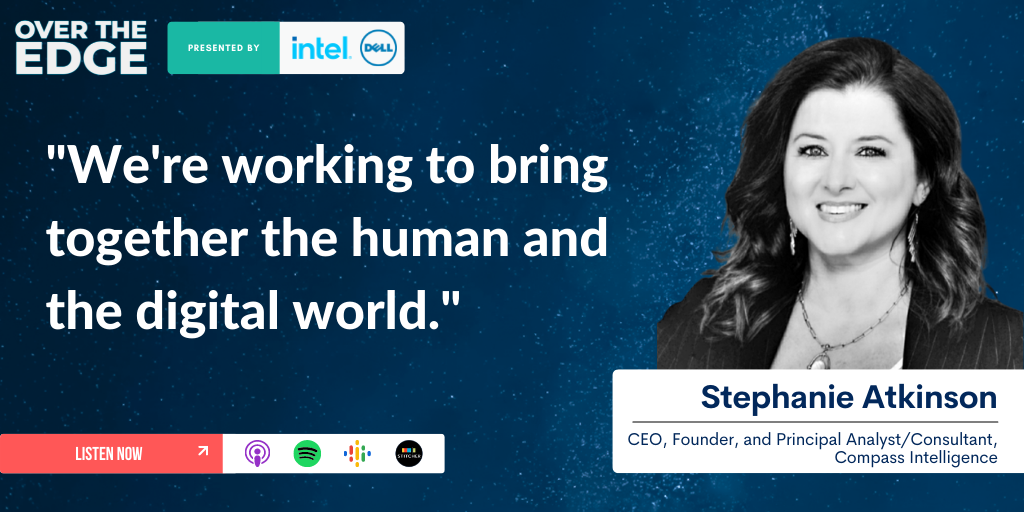
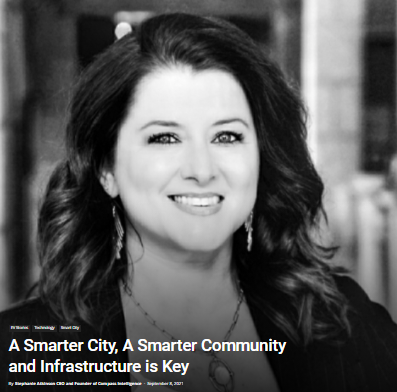
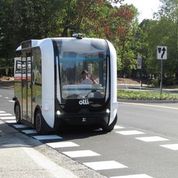

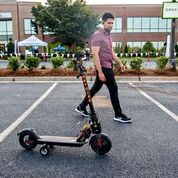
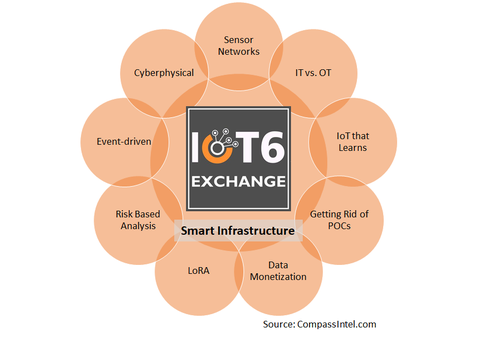

 RSS Feed
RSS Feed
